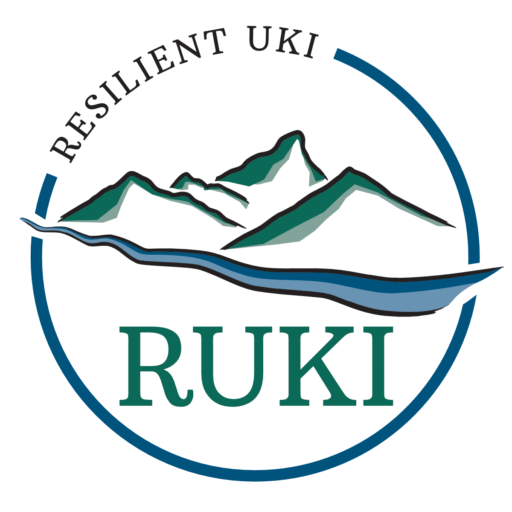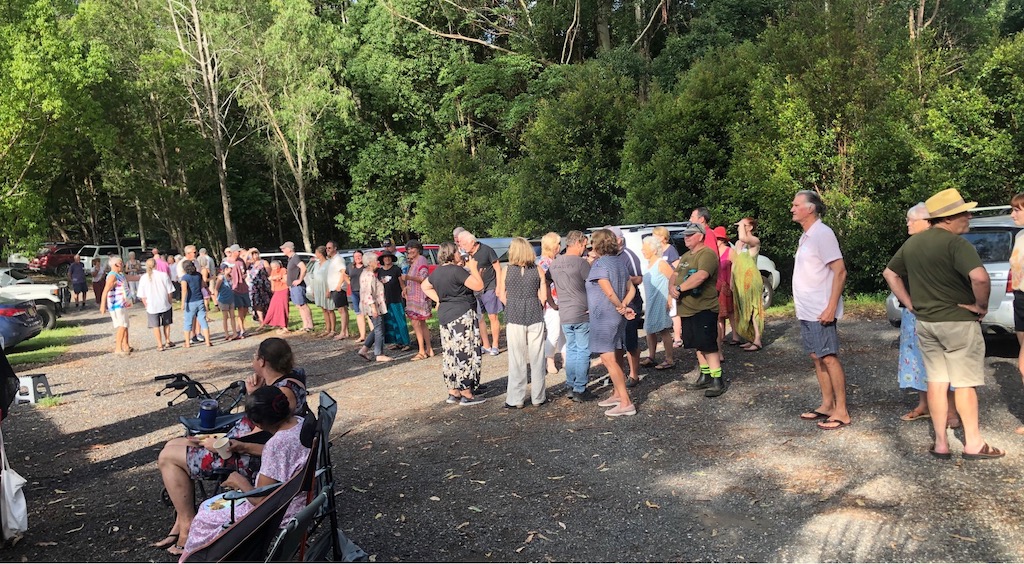After 12 months funding from Healthy North Coast, ‘The Neighbourhoods Project’ funded activity came to a close at the end of October.
But that doesn’t mean that the ‘neighbourhood groups’ themselves finish up. The whole idea behind the project was to set up a system that allowed us to continuously look after each other, and our community has responded.
Eleven neighbourhoods have a team of people who have stepped up to coordinate activity at the neighbourhood level and at the smaller pod/ street level. These teams will continue to support the neighbourhoods to connect, share information, build capacity and be there for each other, during good times and times of disaster, even when emergency services cannot be.
A big thankyou to those residents who have stepped up into these coordinating roles and will continue to do so. Every community initiative like this needs some leadership to keep it moving.
One of the strengths of the project has been the establishment of social media forums and email groups to support communication within each neighbourhood. There is also a network of UHF radios meaning that no one is further than walking distance from a UHF radio should they need to get urgent messages out when normal communications are down.
The intention with these initiatives, is that everyone feels more connected, supported and safer than before. If you have yet to be connected into these communication networks in your neighbourhood, it’s not too late. Reach out to [email protected] to find out how.
Throughout the 12 months of the project, RUKI has been able to work closely with a range of other agencies and organisations. With initiatives like The Neighbourhoods Project, we need to work together as a wider community to look after each other and to get things done. RUKI would like to acknowledge the support of UKIRA, the CTC, the RFS, and the SES for all they have done to support this important capacity-building work and looks forward to working together in the future.
All in all, it has been an amazing year, with: neighbourhood gatherings; surveying residents; setting up a communications network (including UHF radios); first aid skills training; trauma healing workshops; The Uki Stomp; ‘Get Prepared for floods and storms’ training; development of neighbourhood resources; leadership development; establishing a community gathering kit; chainsaw training; Resilience First Aid; and supporting RFS at their Get Ready for Bushfires event.
On behalf of RUKI I’d like to thank everyone in the community who has supported this initiative and, in doing so, supported each other. We are better together.
By Marlena Basser, Neighbourhoods Project Coordinator

